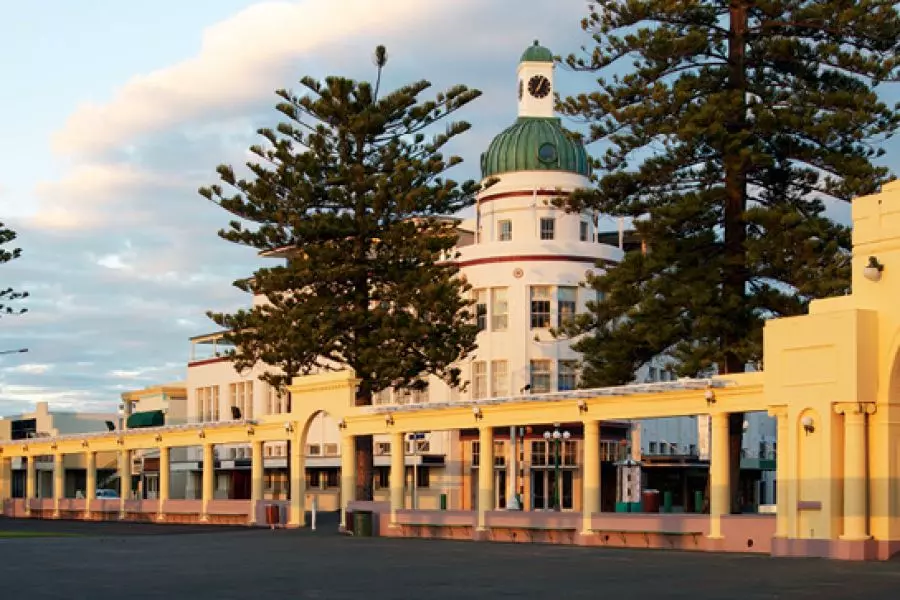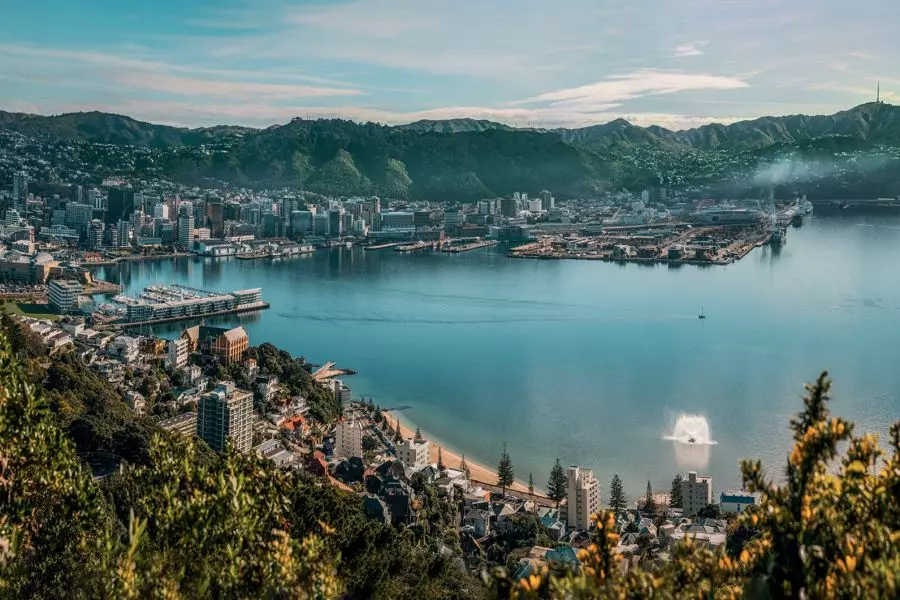News
Regional Review: Porirua pulse

Thursday 16th of August 2012
If variety is the spice of life, Porirua is hot.
Once seen as merely a satellite city of Wellington, Porirua is now a diverse and bustling region that draws all types of people and industries.
Around one in 10 people in the Wellington region call Porirua home, and its total population is just over 50,000. Porirua has a strong family focus and tends to operate l...
Want to read the full article?
Click the button below to subscribe and will have unlimited access to full article and all other articles on the site.
8 min read
10 min read






![[The Wrap] Bye Bye Bayly](https://goodreturns.publit.io/file/c_fill,w_900,h_600/39f23ac1-f7c7-4854-b700-a150004ebbac.webp)


